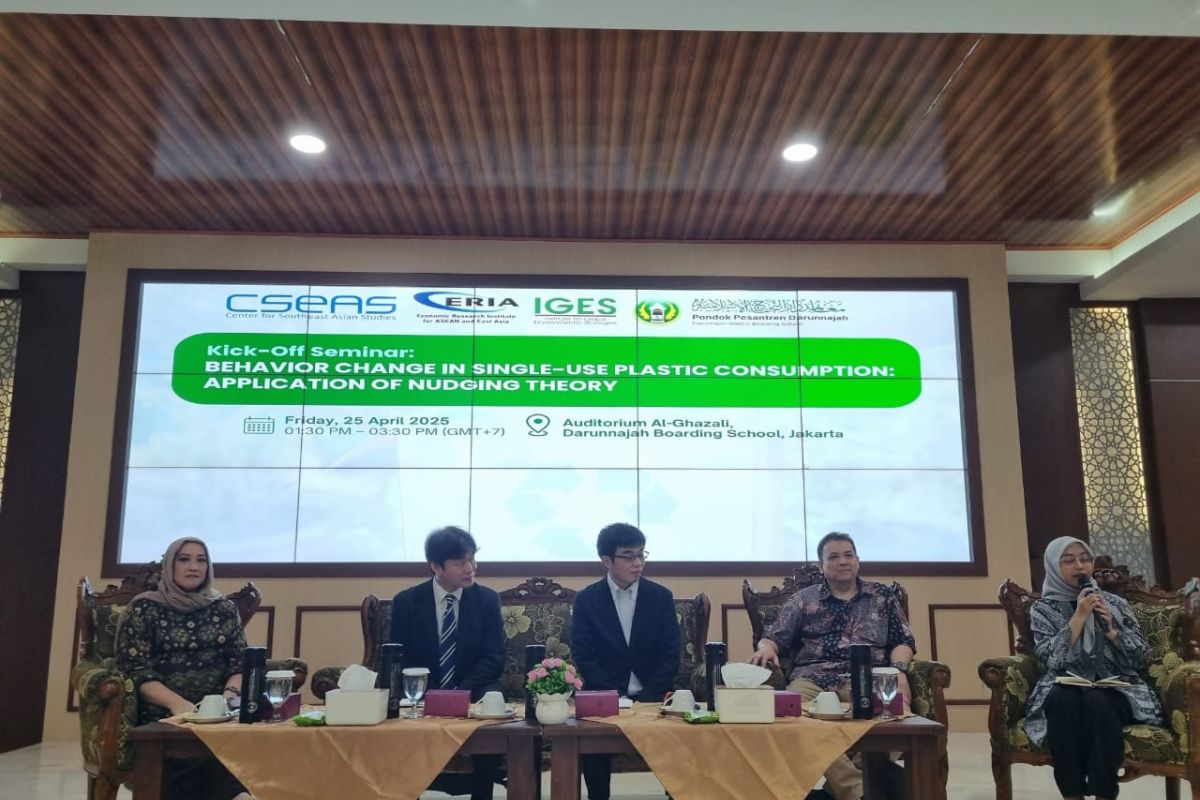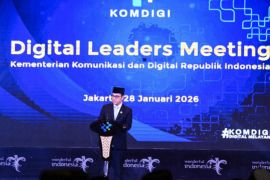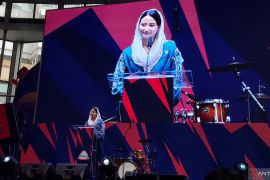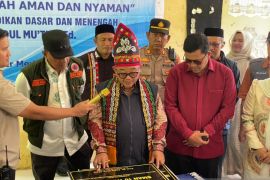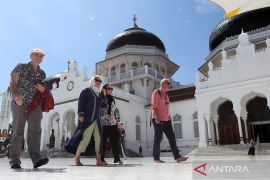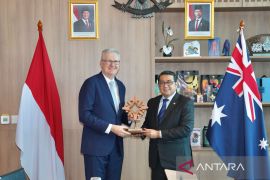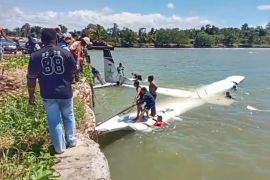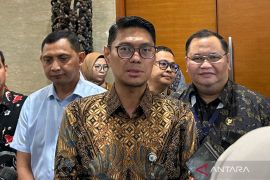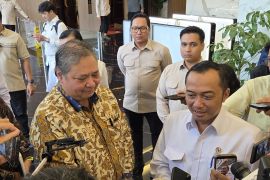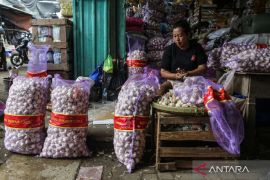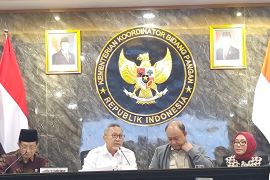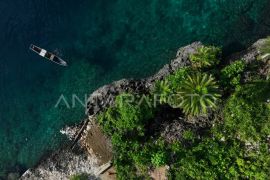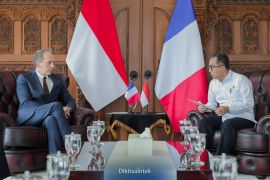According to a written statement released by CSEAS the same day, the executive director of CSEAS Indonesia, Arisman, said that "nudge theory" can be an effective strategy to reduce plastic waste, especially in educational institutions and communities.
The seminar featured some prominent speakers, including the program director for sustainable consumption and production, Institute for Global Environmental Strategies (IGES), Atsushi Watabe, and director of the Environment Ministry's Center for Environment Generation Development, Kumala Dewi.
They further included director of the Regional Knowledge Center for Marine Plastic Debris, Economic Research Institute for ASEAN and East Asia (ERIA), Reo Kawamura.
Watabe said that behavioral science focuses on the empirical study of people's actual behavior since people make choices based on imperfect information, influenced by factors such as emotions, culture, values, and social pressures.
Related news: Govt inaugurates road in Bali paved with plastic-infused asphalt
Meanwhile, Dewi said that the young generation, such as Generation Z, can play an important role in promoting a sustainable lifestyle and in climate action.
According to Kawamura, once behavioral change initiatives are designed and implemented, it is also important to monitor and evaluate their progress.
This year, CSEAS Indonesia has been selected as the implementing partner of IGES and ERIA for the second phase of a project called "Breaking the Plastic Habit in Asia: Piloting the Application of Behavioral Insights for Plastic Reduction."
The project is being carried out in several ASEAN countries, including Indonesia, Thailand, the Philippines, Vietnam, Cambodia, and Laos.
In the second phase, the project will be expanded through pilot activities designed to develop knowledge and practical tools for applying behavior-based approaches.
Additionally, it will test new measurement and evaluation frameworks and produce case studies that can be utilized by policymakers, businesses, and civil society in designing effective behavior-based plastic waste reduction programs.
According to the CSEAS statement, the seminar marked the official start of the "Breaking the Plastic Habit in Asia Phase II" in Indonesia, with Darunnajah Islamic Boarding School selected as the pilot location.
In addition to serving as a discussion forum for stakeholders, the seminar also included a workshop on "Creative Plastic Recycling," aimed at promoting innovation in the sustainable management of plastic waste.
Related news: ACCPP to align bloc's perspective on handling plastic waste: ministry
Reporter: Asri Mayang Sari
Editor: Rahmad Nasution
Copyright © ANTARA 2025
